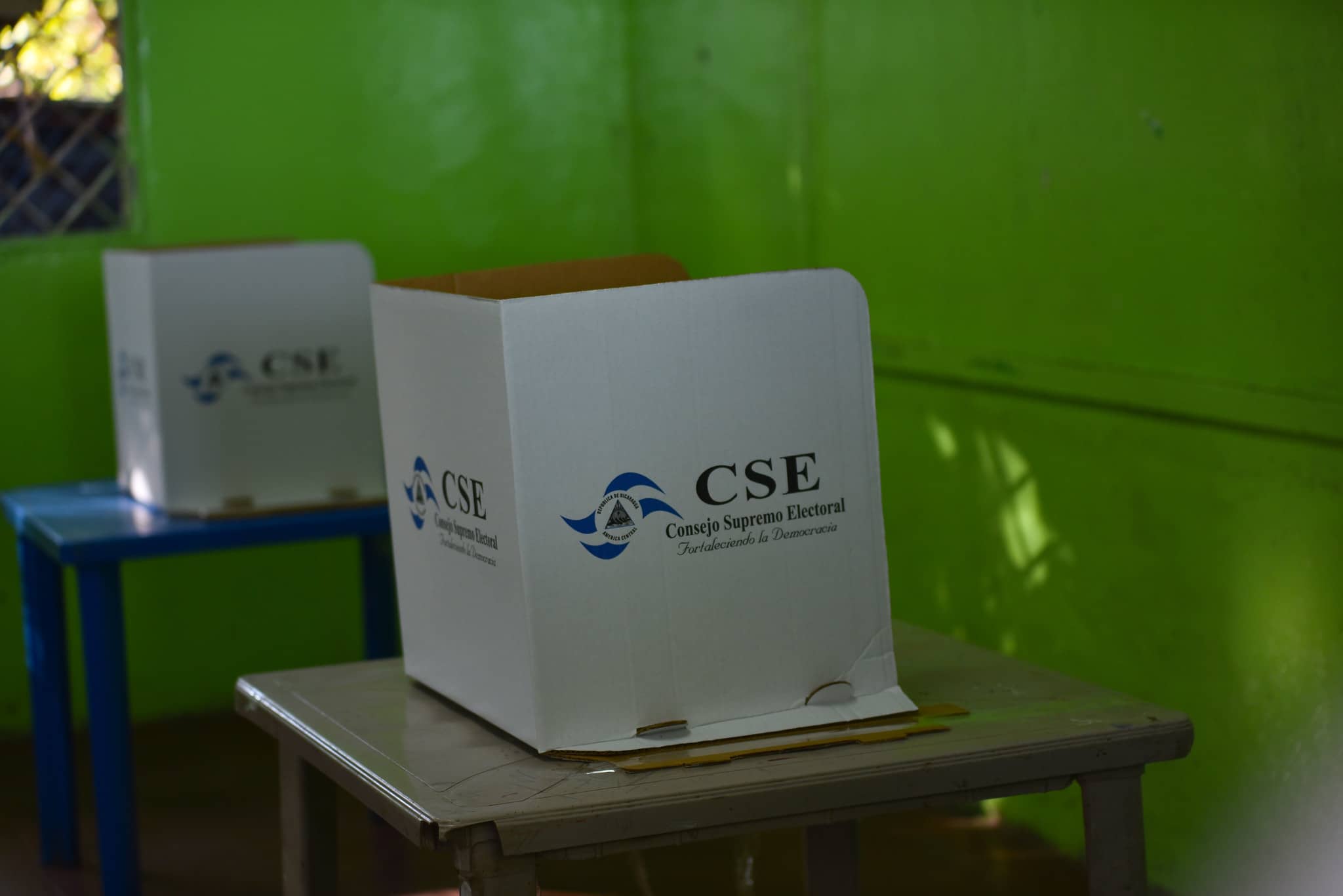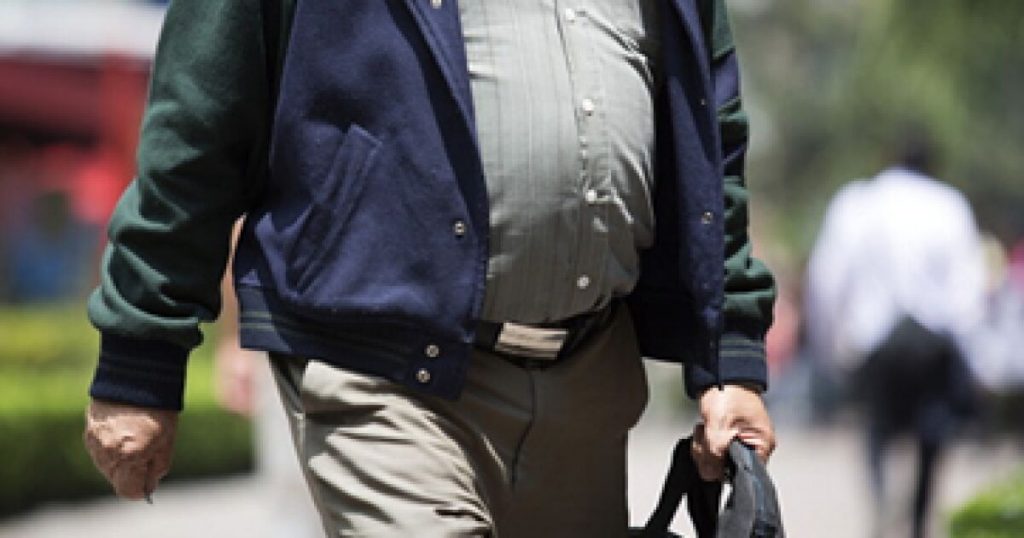The election day of this Sunday, November 7, was marked from beginning to end by the low influx of voters, after an eve of persecution and siege against opponents and independent citizens, which included the arrest of two journalists for approximately three hours in Masaya, on Sunday morning, when they documented the meager participation in that city, which was one of the hardest hit by the Ortega repression and massacre against the April Rebellion in 2018.
The Supreme Electoral Council (CSE), dominated by the ruling Sandinista Front, enabled 13,459 Voting Receiving Boards (JRV), in about 3,106 Voting Centers throughout the country, equivalent to 1,202 CV eliminated compared to the 2016 national polls, despite the fact that the electoral roll grew by more than one million voters. In the weeks leading up to November 7, the Open Urns Observatory assessed that the elimination of these CVs would have the intention of increasing the number of voters in line, as there are fewer polling stations.
This process – in which Daniel Ortega seeks his fourth in a row and second along with his wife, the vice president and spokesperson of the regime, Rosario Murillo – is considered a “farce” by the international community and national organizations.
Reports from citizens and opposition organizations record that the poor influx is repeated in all departments of the country. Where the population did not go out to vote. CONFIDENCIAL also verified the low influx through several tours of the capital, reports from the territories of allied journalists and citizens and of voluntary independent observers.
Police and CPC presence in Voting Centers
From the early hours, the JRVs in Managua had little turnout of voters. There were no large lines or riots in the Voting Centers since their opening, with a few exceptions, in which there were also the presence of members of the Councils of Citizen Power (CPC) who monitored the “Sandinista vote” was verified.. The few voters who turned out were able to get through the process quickly.
At least two police officers were present in most of the Voting Centers in Managua.. The patrolling of agents on motorcycles, as well as militants of the Sandinista Front in vans.
Organizations of Nicaraguans in exile called on citizens not to vote in the elections as a form of protest and asked the population to stay at home “in reflection, remembrance and prayer” for “our victims, for the freedom of our political prisoners and for the safe return of all exiles ”.
Supporters and public employees as “mobilizers”
Faced with the call to “no vote” from the opposition, the government party mobilized its militancy to go out to vote very early this Sunday. The Sandinista Front also called on state workers and regime militants to work as “mobilizers” to “guarantee the Sandinista vote.”
“They give us a list, and from that list we made three visits. We would arrive and say ‘this is the meeting that you are going to vote on, this is the meeting that belongs to you,’ “explained Petrona Lezama, an FSLN” mobilizer “in District II of Managua.
“We have caponiers, there are vehicles, there are wheelchairs, to move older people,” added the Sandinista sympathizer.
Most of the electorate stayed home
The more than 3000 Voting Centers enabled in the country looked “empty” during the electoral day on November 7. The low influx of voters from early hours of the day, until the afternoon, was documented by journalists, citizen reports in the interior of the country, and reports from observatories such as Urnas Abiertas.
State workers and public servants were summoned to vote in the early hours of the morning, who were also mobilized by the FSLN with the “order” to vote in favor of the candidates of the ruling party, Daniel Ortega and Rosario Murillo.
The opposition Blue and White National Unit also denounced the siege and persecution of opposition leaders, and the harassment and harassment against public servants who did not want to be part of the electoral fraud.
The independent observatory Urnas Abiertas reported 200 acts of violence in the different voting centers of the country, during the first hours of voting, including: intimidation by paramilitary forces, arrests and attacks on independent journalists, and the presence of armed civilians inside of the Vote Receiving Boards.
















